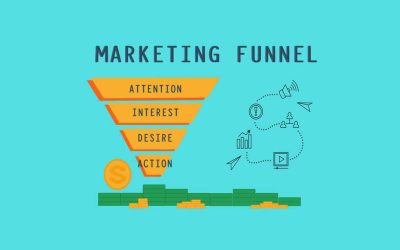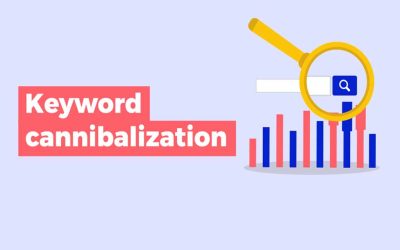What’s the Best Content Length for SEO?
There is no definitive answer to the question of what’s the best content length for SEO. However, there are a few things you can do to make sure your content is as effective as possible when it comes to search engine optimization.
In this article, we will discuss some of the most important factors to consider when determining the length of your content. We will also provide some tips on how to create content that is both SEO-friendly and engaging for your readers.
Google Says Content Length Doesn’t Matter?
When it comes to SEO, Google has always been pretty tight-lipped about what factors they take into account when ranking websites. This has led to a lot of speculation and guesswork on the part of SEO professionals and webmasters.
One of the most enduring myths about SEO is that content length is a major factor that Google takes into consideration when ranking websites.
However, this myth was recently debunked by a Google employee. In a recent Webmaster Central office-hours hangout, John Mueller said that content length is not a factor that Google looks at when determining rankings:
“I wouldn’t worry too much about the specific word count,” Mueller said. “Obviously, if you have a page with only a few words, that’s probably not something that would be very beneficial for us.
But on the other hand, I wouldn’t worry about trying to make sure that you hit some magical number of words on a page.”
So, there you have it straight from the horse’s mouth: content length is not a factor that Google looks at when determining rankings. However, this doesn’t mean that longer content can’t be beneficial for SEO.
Longer content gives you more opportunities to include keyword-rich titles and descriptions, which can help your website rank higher in search results.
In addition, longer content allows you to provide more information and value to your readers, which can improve your chances of earning links from other websites.

Best Content Length
SEOs Should Focus More on Relevance and User Intent
So, if content length isn’t a major factor that Google takes into account when ranking websites, what should SEOs be focusing on?
Mueller says that the two most important factors to consider are relevance and user intent. Relevance refers to how well your content matches the keyword or phrase that a user is searching for.
User intent, on the other hand, refers to the purpose behind a user’s search. Are they looking to make a purchase? Are they looking for information? Or are they simply trying to find something entertaining?
Understanding user intent is critical for creating content that ranks well in search results. For example, if you’re trying to rank for the keyword “buy shoes,” your content will need to be focused on helping users make a purchase.
In contrast, if you’re trying to rank for the keyword “how to tie a tie,” your content will need to be focused on providing instructions.
Contact Us Today to Improve Your SEO Strategy
If you’re looking for help with your SEO strategy, contact us today. Our team of SEO experts can help you create content that is both relevant and user-friendly, and we’ll work with you to ensure that your website is ranking as high as possible in search results.




